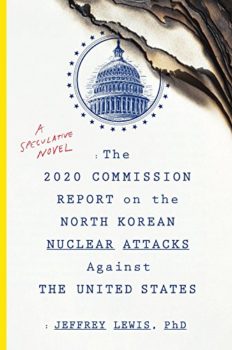
Recent news reports suggest that a North Korean nuclear attack is distinctly within the realm of possibility. And this new novel makes clear how it might actually happen.
I grew up under the shadow of the nuclear umbrella. And, no, I wasn’t the least bit reassured that that umbrella was supposedly there to defend us all.
Estimated reading time: 5 minutes
- In high school, some of my classmates’ parents built fallout shelters. Grade school kids were taught to duck under their desks in the event of a nuclear attack.
- As a college student, I lived through the Cuban Missile Crisis in a panic; my best friend hopped into a car and drove to the woods on Michigan’s Northern Peninsula.
- I read the work of Herman Kahn, who famously asserted that the United States could win a nuclear war with casualties in the tens of millions.
- And I read John Hersey’s Hiroshima, learned about the damage in utero from nuclear fallout, and became familiar with the concept of nuclear winter.
To this day, I shudder at the thought that miscalculation, mechanical error, or misguided policies could unleash nuclear weapons upon a world that will never be ready for them. Next to global warming, nuclear weapons remain the greatest existential threat to the human race. So it’s no accident that I rushed to buy a copy of Jeffrey Lewis‘ shocking new novel that imagines a North Korean nuclear attack on the United States in March 2020.
The 2020 Commission Report on the North Korean Nuclear Attacks Against the United States: A Novel by Jeffrey Lewis Ph.D. (2018) 304 pages ★★★★☆
A plausible scenario
Much of the 2020 Commission Report is entirely factual. As Lewis states on the copyright page at the front of the book, “Everything that takes place before August 7, 2018, is true and supported by the endnotes, which are also true. Everything that takes place after that date is invented.” However, since I have read a great deal about both North Korea and the Trump Administration, I know that the North Korean nuclear attack Lewis invented is entirely plausible. And the survivors’ testimonies that dramatize the impact of the war are taken largely verbatim from “the stories of the Hibakusha—the Japanese people who survived the bombings of Hiroshima and Nagasaki in 1945.”
Miscommunication, misinformation, and miscalculation
The 2020 Commission Report describes the sequence of miscommunications, misinformation, and miscalculation that leads North Korea to unleash “54 nuclear-armed ballistic missiles against targets in South Korea and Japan,” resulting in the immediate loss of 1.4 million lives and five million more wounded. Hours later, North Korea launches 13 nuclear missiles to demolish Pearl Harbor, the US naval base at San Diego, Washington DC, Trump Tower, and Mar-a-Lago. Although nearly half the missiles fail to reach their targets, more than enough do. The attack virtually demolishes Tokyo, Seoul, New York City, and Northern Virginia. (None of the missiles are intercepted by American antimissile defenses.)
Kim Jong-Un and Donald Trump share the blame for this catastrophe
Much of the blame for the North Korean nuclear attack rests on Kim Jong-un. He is clearly responsible for launching these devastating attacks. However, is is clear in Lewis’ account that Donald Trump and members of his administration share a large measure of guilt as well. Trump’s massive ego, his stubborn belief in conspiracy theories and other fantasies, his distrust even of those who are most devoted to him, and his habit of insulting his adversaries via Twitter—all contribute to the debacle. So does the unwillingness of his staff to give him bad news or contradict him.
The human cost of the war
Understandably, Lewis’ book focuses on the human cost of this terrible one-day war. He details the immediate impact of the nuclear explosions themselves, the firestorms that were generated in several cities, the massive numbers of deaths from radiation poisoning and cancer, and the famine caused by the sudden, extreme drop in global temperatures that reduced crop yields worldwide. What is missing from this account are the economic consequences.
In the scenario Lewis portrays, with nuclear weapons devastating Seoul, Tokyo, New York City, and Northern Virginia, it’s obvious that one of the speediest and most noticeable effects of the war would be financial. The world economy would go into a tailspin. The dollar would collapse. World trade would take a nosedive. With hundreds of trillions of dollars needed to rebuild, and economic activity crippled, Manhattan, Tokyo, and Seoul are unlikely ever to recover. And the 1.75-degree lower temperature Lewis predicts to occur in each of the three years following the war might be only the first phase of a nuclear winter. A North Korean nuclear attack on South Korea, Japan, and the United States, despite the relatively small number of weapons involved, could well set back the human race as much as a century.
About the author
Jeffrey Lewis is an academic expert on nuclear proliferation and geopolitics. He has written two books on China’s nuclear weapons program.
For related reading
I’ve previously reviewed two other excellent books about the nuclear threat:
- The Doomsday Machine: Confessions of a Nuclear War Planner by Daniel Ellsberg, reviewed at Daniel Ellsberg’s dramatic second act; and
- My Journey at the Nuclear Brink by William J. Perry, reviewed at A cold hard look at the enduring nuclear threat.
You might also be interested in my posts, 15 books about Donald Trump and his impact on American democracy and 8 good books about North Korea.
For more good reading, check out:
- These novels won both Hugo and Nebula Awards
- The ultimate guide to the all-time best science fiction novels
- 10 top science fiction novels
- The top 10 dystopian novels
- Ten new science fiction authors worth reading now
And you can always find my most popular reviews, and the most recent ones, on the Home Page.

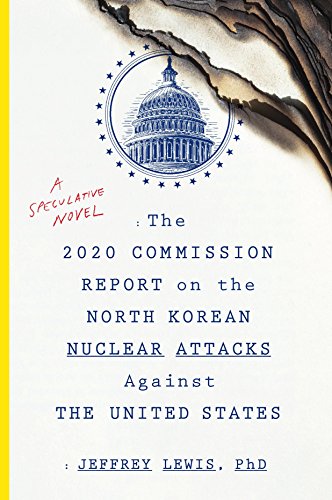
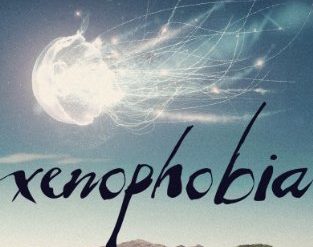
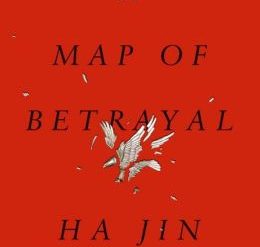
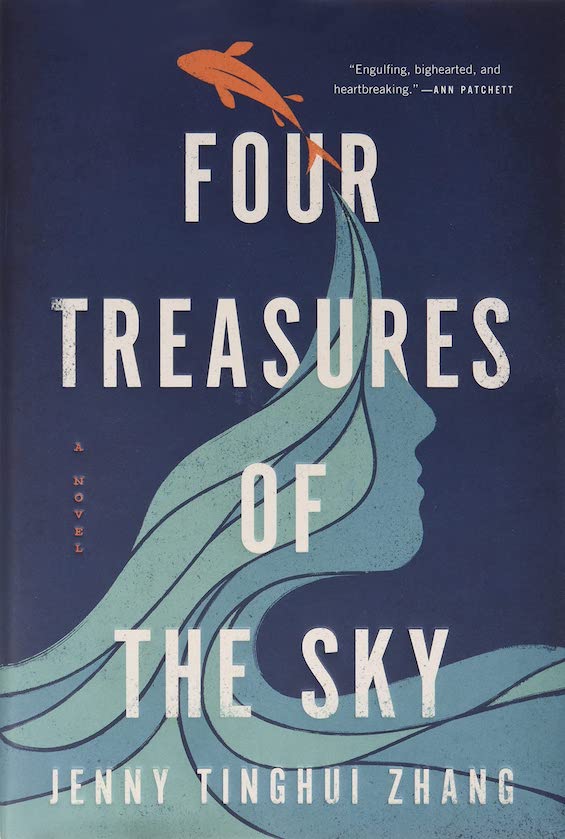
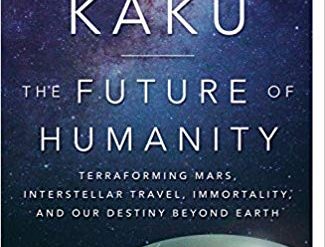





















I will have to read the book, but based on previous articles and studies I have read, the nuclear winter scenarios were based on a far higher number of warheads used – many hundreds or thousands. Could 54 warheads really drop the global temperatures that much? Soot stays in the atmosphere for days or weeks. I have also read articles which have been very critical of the hypothesis.
Regardless, I think the economic impacts alone would be devastating and yes, the two megalomaniac leaders could easily lead the world to disaster.
What has brought me some solace of late is the John Bolton, our National Security Adviser, has shown some signs of not being the total nut case he has been in the past. Maybe I am whistling past the graveyard here. Pompeo is not fool either. We can only hope at this point. I don’t believe in prayer.
Thanks. I’ll look into that information about nuclear winter. But keep in mind that a single volcano has in the past blanketed the Earth with enough debris to cool temperatures globally for many years.